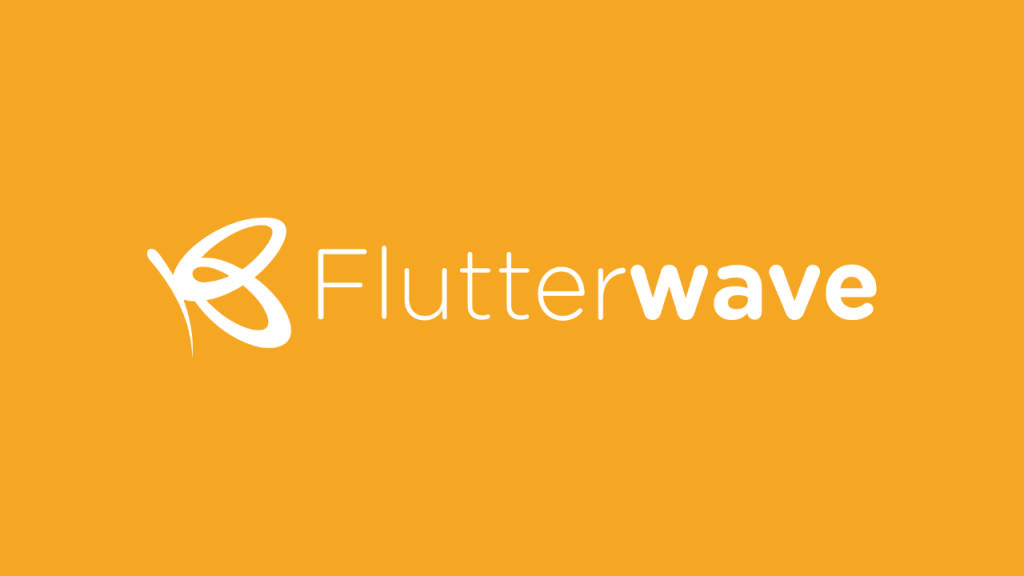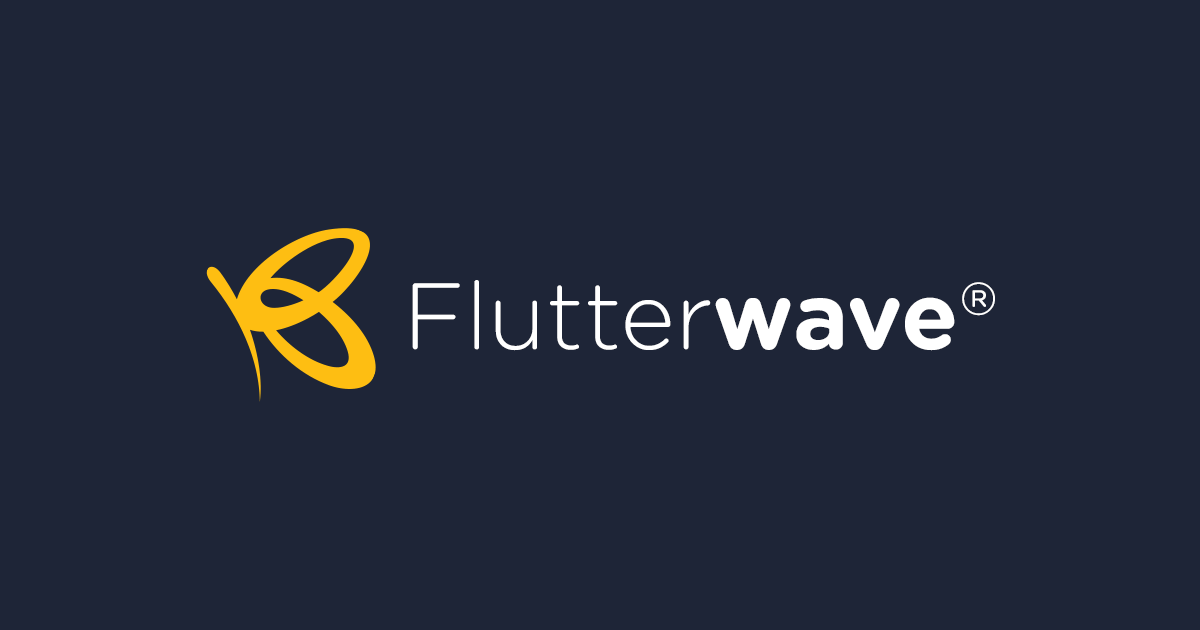Table of Contents
In the rapidly evolving realm of financial technology, companies like Flutterwave have spearheaded transformations in transactional methodologies and financial management.
Nevertheless, the recent Flutterwave scandal serves as a stark reminder that even the most promising startups can encounter controversies, allegations, and the repercussions of non-compliance.
Unveiling Flutterwave: Revolutionizing Fintech Dynamics

Before delving into the Flutterwave Scandal, it’s crucial to grasp the context in which Flutterwave emerged as a frontrunner. Founded in 2016 by Olugbenga Agboola and a cadre of entrepreneurs, Flutterwave swiftly ascended to prominence in Nigeria and beyond.
Flutterwave, a payment solution that allows for transactions through a variety of channels, such as credit cards and mobile money, gained recognition for its cutting-edge technology and intuitive user experience. The business raised an astounding $350 million by 2022, which increased its valuation to $3 billion and solidified its position as one of Africa’s leading startups.
Allegations Unraveled: The Flutterwave Scandal
However, amidst its meteoric rise, Flutterwave found itself embroiled in a series of controversies and allegations, shaking its once-impeccable reputation.
Fraud Allegations and Compliance Scrutiny
One of the most significant accusations leveled against Flutterwave involved fraud and money laundering. In March 2022, Kenyan authorities alleged the company’s involvement in illicit financial activities, resulting in the freezing of approximately $56.7 million from Flutterwave’s accounts.
Although these allegations were eventually retracted, they spotlighted concerns regarding Flutterwave’s compliance protocols and the efficacy of its anti-money laundering measures. This incident emphasized the imperative for fintech enterprises to prioritize thorough due diligence and robust compliance frameworks.
Regulatory Hurdles and Licensing Issues
Apart from the accusations of fraud, Flutterwave had regulatory challenges in other markets, with Kenya being one of them. Authorities ordered banking institutions to stop doing business with Flutterwave after claiming the company was operating without the required permits.
This regulatory scrutiny not only jeopardized Flutterwave’s operations in Kenya but also raised questions about its adherence to compliance standards in other jurisdictions. The scandal underscored the significance of complying with local regulations and securing requisite licenses to avert severe repercussions.
Controversies Surrounding Ownership Structure
Adding complexity to the situation, Flutterwave’s CEO, Olugbenga Agboola, faced personal allegations regarding the company’s ownership arrangements. Allegations surfaced suggesting Agboola had fabricated a co-founder to bolster his ownership stake, thereby raising concerns about transparency and corporate governance within the organization.
This controversy not only undermined Agboola’s leadership but also spotlighted the necessity for fintech entities to maintain transparent ownership structures and robust corporate governance practices.
Post-Scandal Ramifications: Reevaluating Strategies and Rebuilding Trust
The Flutterwave scandal precipitated a cascade of consequences, ranging from delayed IPO plans to organizational recalibrations and reputational erosion.
IPO Setbacks and Funding Challenges
Preceding the scandal, Flutterwave harbored aspirations for an IPO to capitalize on its burgeoning success. However, the ensuing controversies cast a shadow over these ambitions, intensifying the regulatory and investor scrutiny associated with such endeavors.
Additionally, the scandal instilled apprehensions among existing and prospective investors, potentially impeding Flutterwave’s ability to secure funding or sustain its $3 billion valuation. This underscored the importance of robust compliance frameworks and transparent operations in garnering and retaining investor confidence.
Organizational Overhauls and Leadership Reassessment
Significant organizational changes were made at Flutterwave in the wake of the incident, including the replacement of the Chief Compliance Officer and the resignation of other important executives. By addressing glaring governance and compliance issues, these steps attempted to restore confidence in the company’s leadership.
However, scrutiny surrounding Agboola’s alleged actions regarding the phantom co-founder cast doubt on his leadership acumen and accentuated the imperative for transparent governance practices.
Reputational Damage and Industry Reflections
The Flutterwave scandal’s most significant aftermath may have been the company’s reputational damage and its wider effects on the financial industry. Flutterwave was a well-known figure in African fintech, but her scandals damaged the reputation of the sector and raised concerns about regulatory requirements.
The scandal serves as a cautionary narrative, accentuating the necessity for fintech entities to prioritize compliance, transparency, and ethical conduct. Failure to do so not only jeopardizes growth prospects but also undermines regulatory trust, investor confidence, and industry advancement.
Learning from Adversity: Upholding Compliance and Ethical Standards
As the dust settles, it’s imperative to glean insights from the Flutterwave debacle and its ramifications for the fintech sphere.
Embracing Compliance Imperatives
The allegations underscore the indispensability of stringent compliance measures in the fintech realm. Firms must prioritize robust anti-money laundering and know-your-customer protocols while procuring requisite licenses to operate across jurisdictions.
Compliance isn’t merely a formality but a cornerstone for sustained success and credibility in the fintech landscape.
Championing Transparency and Integrity
The ownership scandal involving Flutterwave highlights how important open communication with stakeholders and transparent governance frameworks are. Establishing transparent ownership structures and moral decision-making procedures is essential for businesses to gain credibility and confidence.
Transparency fosters investor confidence, regulatory compliance, and enduring customer relationships.
Cultivating Ethical Business Cultures
Beyond regulatory mandates, ethical considerations should permeate every facet of fintech enterprises. Cultivating a culture of integrity, accountability, and ethical conduct is paramount for long-term viability and reputation preservation.
Ethical practices fortify organizational resilience, mitigate risks, and foster sustainable growth in the dynamic fintech ecosystem.
Read also: Why Do People Hate Tom Hanks
Charting a Resilient Path Forward
Despite the setbacks, Flutterwave remains a significant player in Africa’s fintech arena. However, the journey ahead is fraught with challenges, particularly in reconciling with regulatory scrutiny and rebuilding trust.
In Kenya, Flutterwave confronts legal entanglements that impede its licensing process, underscoring the pivotality of regulatory compliance and stakeholder engagement.
The Flutterwave incident highlights the need for increased regulatory monitoring and industry self-reflection, especially in the developing fintech sectors. To protect consumer interests and financial stability, regulators must strike a balance between innovation and regulatory monitoring.
As fintech evolves, the lessons from Flutterwave’s ordeal will shape industry paradigms. Companies that prioritize compliance, transparency, and ethical governance are poised to navigate regulatory headwinds, bolster investor confidence, and fortify customer trust.
Final Words
In conclusion, the Flutterwave incident serves as a perfect example of why strong regulatory frameworks, open governance, and moral business conduct are essential in the fintech industry. Even though Flutterwave’s future is yet unknown, its story emphasizes the necessity of a well-rounded strategy that fosters innovation while maintaining consumer confidence and regulatory integrity.

Liam Stephens is a dynamic and skilled blogger, recognized for his ability to identify trends and create compelling content. As the founder of Remi-Portrait.com, Liam has become a reliable source of information across various fields such as food, technology, health, travel, business, lifestyle, and current events. He specializes in delivering up-to-date technology news and insights, catering to the diverse community that surrounds Remi-Portrait.com. His proficiency and engaging writing style have earned him a dedicated audience, solidifying his reputation in the digital sphere.



